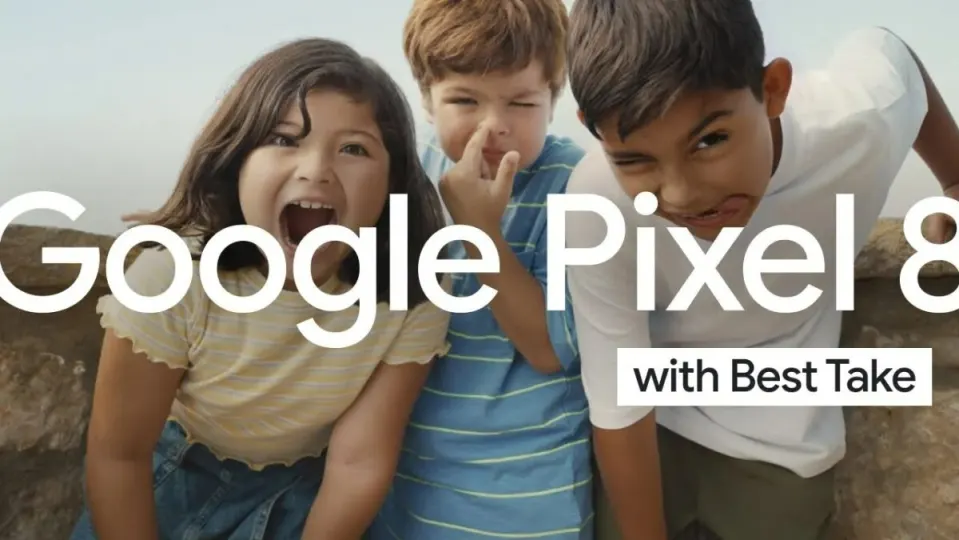A few days ago we brought you the news that Google wanted to get serious about content modified or created using artificial intelligence. Hence their idea was to force content creators to warn videos that use AI.
And, at the same time, Google is the company that works the most to introduce AI into our lives. In our internet searches, in our photos and videos, in our workout routines, etc. That’s why Google faces itself daily.
And why have we presented the news in this way? Well, because their new Pixel 8, which boasts a technology called Best Take, uses AI to allow it to swap facial expressions in group photos to achieve “perfect” shots. Something that clashes with the new measures from YouTube.
Google, moderating itself
YouTube, which has just rolled out the first part of a policy on AI-generated content that requires “creators to disclose when they have created altered or synthetic content that is realistic.”
The blog post specifically mentions content that “realistically depicts an event that never happened” as needing to be labeled. It also points out that penalties for not consistently labeling realistic synthetic content may include content removal and demonetization.
Well then. The Pixel 8 with Best Take and Magic Editor in Google Photos can clearly generate realistic photos of events that never happened. Specifically, Best Take allows the creation of moments between people that never occurred, choosing from various facial expressions for them, and Magic Editor can simply remove things from the background.
It’s trivial to make people appear to be looking at the same thing, or different things, or reacting to each other in ways that never happened – a photo of Taylor Swift and Travis Kelce on the Pixel 8 is potentially just a few taps away from telling a very different story than reality.
The same goes for a Best Take photo of Donald Trump during the upcoming elections. Google Pixel 8’s own ads are a great example of how easy it is, actually:
The Verge asked Google about this, and it’s unclear whether, in these cases, creators will need to label the content as AI-manipulated. The only thing that seems clear is that Google’s tools will force its own platforms to draw those lines very quickly.


